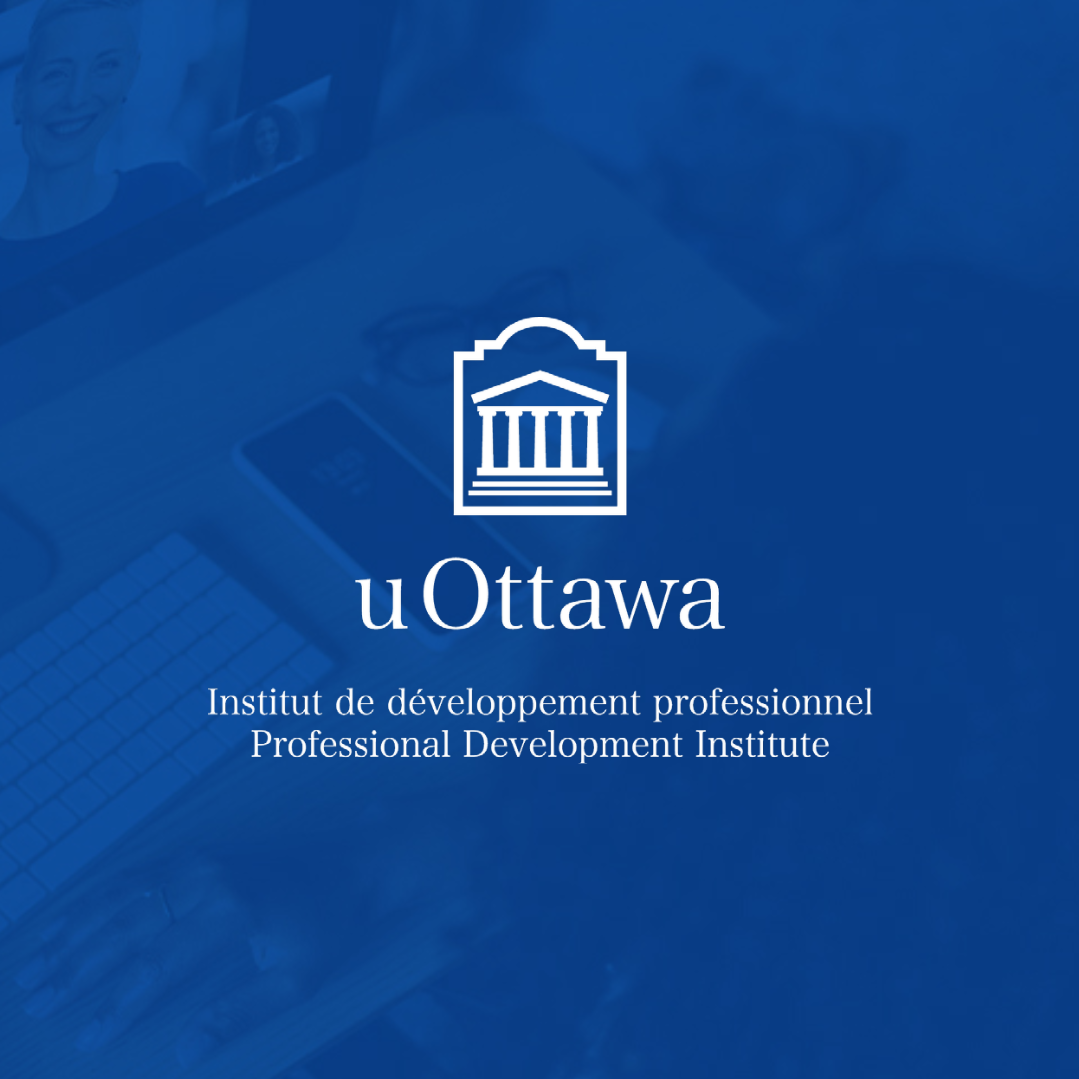Design Thinking is a facilitated collaborative, evidenced based process. It is not a top-down change management tool. Design Thinking rests on a simple premise: alternatives, and ideally improvements, are always possible. Informed by Human Centred Design,

Design Thinking is a facilitated collaborative, evidenced based process. It is not a top-down change management tool. Design Thinking rests on a simple premise: alternatives, and ideally improvements, are always possible. Informed by Human Centred Design, Design Thinking tests assumptions and creates space for innovation.
At its core, Design Thinking facilitates stakeholder input to identify problems and inform the intentional selection of solutions that are desirable, feasible and viable.
In this interactive course, participants will examine the features of Design Thinking, its use and the role it can play in creating or supporting cultures of engagement, learning and innovation.
Please be prepared to go outside. We will go outside in order to apply some of the Design Thinking techniques learned in the course. For in-person courses, please inform the Professional Development Institute as soon as possible if you require any mobility accommodations.
At the End of This Course, participants Will be able to:
The University of Ottawa’s Professional Development Institute (The Institute), originally branded the Centre for Continuing Education, was established over 25 years ago to offer higher learning opportunities to private and public-sector professionals and the community at large in Ottawa.
Over the years, we developed and nurtured expertise, growing significantly in both course offerings and new specialty knowledge areas, outgrowing its original mandate.
In late 2018, our organization was rebranded as the Professional Development Institute. The previous designation no longer encapsulated the breadth and depth of current and future offerings nor did it reflect our expanded mandate and reach.
Our Mission:
The Institute has been recognized as mission critical to the University of Ottawa and at the forefront of professional development in Ottawa and beyond.
We have greatly diversified our programming, developed strategic partnerships with both government and private industry, offered event-based learning and conferences, established co-designed programs with key government sectors, and more.
The highly sought-after “Institute” designation is rarely granted by the University administration, and done so only after very careful consideration.
A rigorous approval process, involving the President, the Provost and the Vice-Presidents, must validate the rationale and justification for the use of the ‘Institute’ label.
The fact that we have been granted this distinguished designation is testimony to our organization, its accomplishments and its potential, and to the dedication and engagement of our staff and expert instructors.
© 2025 coursetakers.com All Rights Reserved. Terms and Conditions of use | Privacy Policy